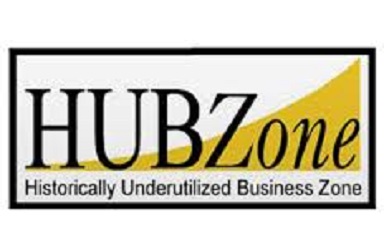VAMBOA: Small Businesses Create 2 Million Jobs
 By Debbie Gregory.
By Debbie Gregory.
A 2015 job report is giving Americans a reason to be optimistic, as American businesses added a 252,000 jobs in December, 2014, and unemployment dropped to its lowest rate since June, 2008. Our country is currently riding the wave of 58 consecutive months of job growth (the longest such streak since the mid-1990’s), and we have small business owners to thank.
In 2014, small businesses created nearly 2 million of the approximately 3 million private-sector jobs. And more than 7 million out of the 11 million jobs created during our nation’s recovery have been generated by startups and small enterprises.
One industry that is showing considerable promise is computer systems design, which now employs 1.8 million Americans, 25% more than before 2008.
December’s job report is representative of the turnaround to our nation’s ongoing employment picture:
- 73% of December 2014’s job growth came from small businesses
- Twice as many small businesses expanded the number of jobs to their workforce as cut them.
Along with their job expansion, a recent report from the National Federation of Independent Business (NFIB) also found that small business revenues are on the rise. And American manufacturing is undergoing its best period of job growth since the 1990s. The U.S. auto industry has created nearly a half-million new jobs in the last five years.
Entrepreneurs and small businesses have been instrumental to our country’s ability to weather this economic storm. The economic turnaround has been due, inpart, to the many successes of small businesses, and their ability to survive and thrive through the worst economic crisis since the Great Depression.
The U.S. Small Business Administration (SBA) has played and continues to play a crucial role in the economic turnaround. While the success of small business owners is partially the result of their planning, hard work and dedication, their success can also be attributed the utilization of SBA programs and resources. Commercial small business lending is still only at 91% of the pre-recession level, but SBA-backed lending has now eclipsed its pre-recession output. Small business borrowers have received $163 billion in SBA-supported capital since 2009.
Economists and entrepreneurs should have reason to believe that 2015 will be a great year for small business growth. Consumer confidence is at a seven year high, the economy has added at least 200,000 jobs for the last 11 months in a row, and hiring is at levels we haven’t seen in years.
Now is the time to frequent www.VAMBOA.org and www.SBA.gov and find the resources you need to help your business thrive.
The Veteran and Military Business Owners Association (VAMBOA) is a non-profit business trade association that promotes and assists Veteran Business Owners, Service Disabled Veteran Owned Businesses (SDVOB) and Military Business Owners. Small businesses are the backbone of our economy and responsible for job generation. That is why VAMBOA provides its members with Business Coaching, Contracting Opportunities, a Blog that provides information, Networking contacts and other resources. Membership is FREE to Veterans. Join Now!











